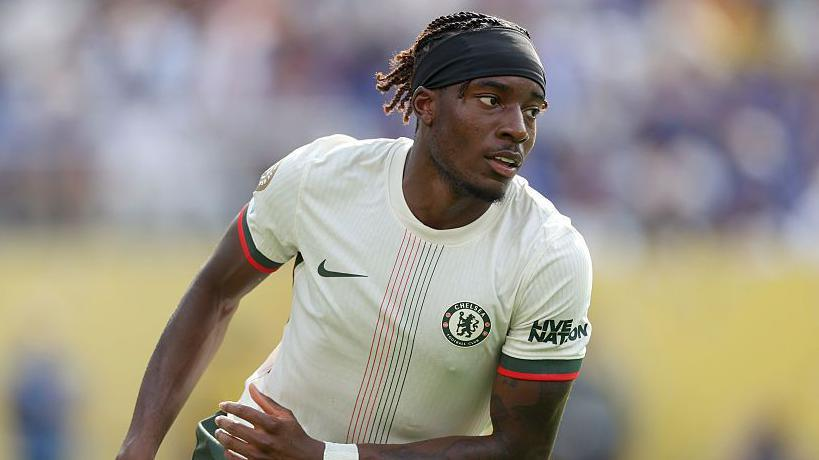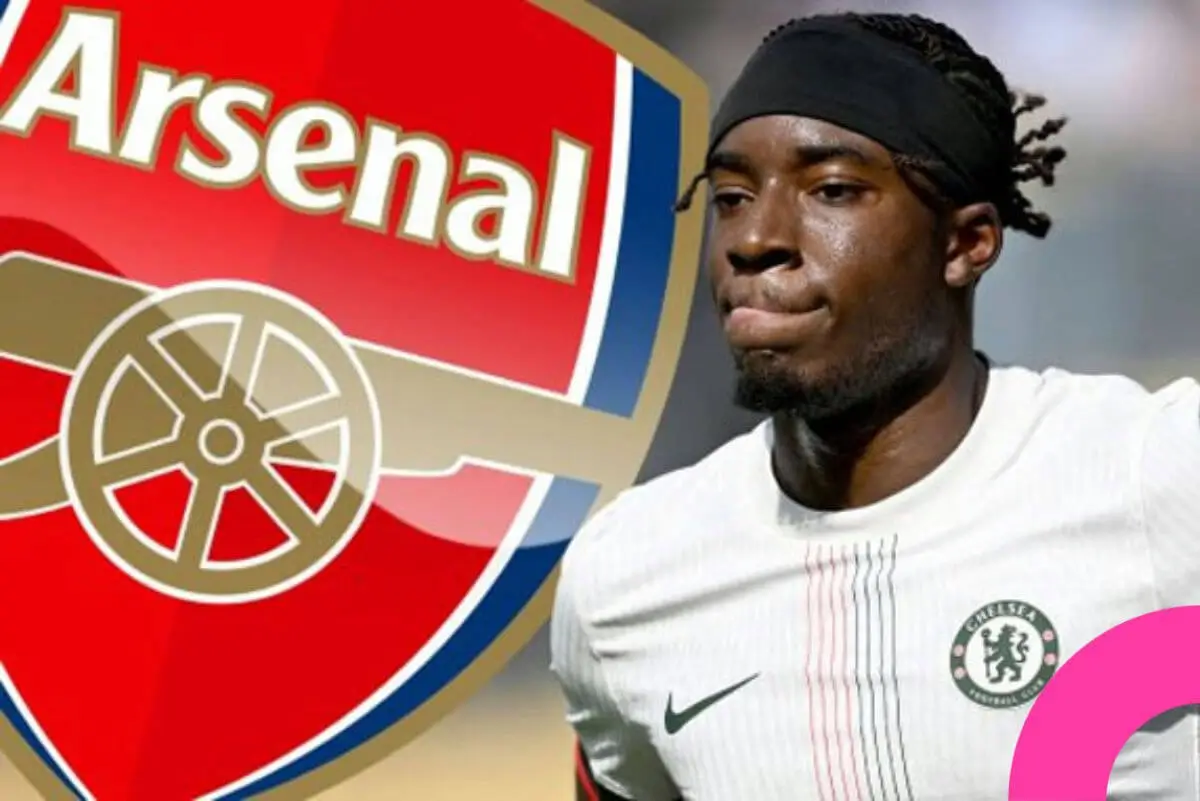Arsenal has emerged as one of the Premier League’s most active clubs in the 2025 summer transfer window.
With the confirmed signings of Kepa Arrizabalaga, Martin Zubimendi, and Christian Norgaard, the North London club has already taken strong steps to reinforce its squad. Negotiations are also ongoing for high-profile targets such as Viktor Gyökeres, Noni Madueke, and Eberechi Eze.
These moves show clear ambition to strengthen the team’s depth ahead of the upcoming Premier League and UEFA Champions League campaigns.
Strategic Ambition or Misallocated Spending?
As of July 11, Arsenal has already spent approximately £70 million. The most notable acquisition is that of Martin Zubimendi, a defensive midfielder from Real Sociedad, for £55 million. Widely regarded as a strong replacement for the outgoing Jorginho and Thomas Partey, Zubimendi is seen as a logical, long-term reinforcement for Mikel Arteta’s midfield.
In contrast, the arrivals of Kepa Arrizabalaga (£5 million from Chelsea) and Christian Norgaard (around £10–12 million including add-ons from Brentford) have raised eyebrows. While both bring experience and depth, their advancing age (both over 30) limits resale value and potentially blocks opportunities for emerging talents from Arsenal’s academy.
Madueke Deal Sparks Debate
Perhaps the most contentious deal involves Noni Madueke, who is reportedly close to joining from Chelsea for £52 million. In the 2024/25 season, Madueke recorded just 7 goals and 3 assists in the Premier League. Critics argue that Arsenal is overpaying for a player whose output does not surpass existing options like Leandro Trossard or Gabriel Martinelli.
Moreover, the financial commitment to Madueke may hinder Arsenal’s ability to pursue other, arguably more urgent, signings such as a top-class striker. The club’s decision to invest heavily in a backup right winger, while still lacking a reliable central forward, has triggered concern among supporters.
Striker Priority Remains Unresolved
Arsenal’s need for a proven striker has been evident for the past two seasons. Kai Havertz, despite consistent effort, is not seen as a long-term solution, and Gabriel Jesus continues to struggle with injuries. Talks with Sporting CP over Viktor Gyökeres remain at a standstill due to disagreement over the transfer fee. While Arsenal offers €65 million plus add-ons, Sporting insists on a €70 million fixed fee.

Although the player is reportedly willing to force a move, delays in finalizing the deal may disrupt Arsenal’s pre-season preparations. If Madueke’s transfer is completed first, it could also reduce the remaining budget, leaving questions about whether Arsenal can still afford Gyökeres or other targets like Eberechi Eze and Rodrygo.
Budget Constraints and Outlook
With an estimated summer budget of £200 million, Arsenal’s total expenditure could surpass £120 million once the Madueke deal is finalized. Signing additional players such as Gyökeres, Eze, or Rodrygo could push the total toward £300 million an unprecedented figure for the club.
Unless substantial player sales are completed to offset spending, such a scenario appears financially unsustainable. At present, only the Zubimendi deal is widely viewed as both necessary and cost-effective. In contrast, the acquisitions of Kepa, Norgaard, and potentially Madueke reflect a strategy that some analysts describe as inconsistent or opportunistic.
Arsenal’s 2025 summer transfer activity has been aggressive, yet polarizing. While the club has undoubtedly improved its squad depth, concerns persist regarding resource allocation, position prioritization, and long-term planning. For Arsenal to justify its ambitious spending, securing a marquee striker and maintaining financial balance will be crucial in the weeks ahead.

